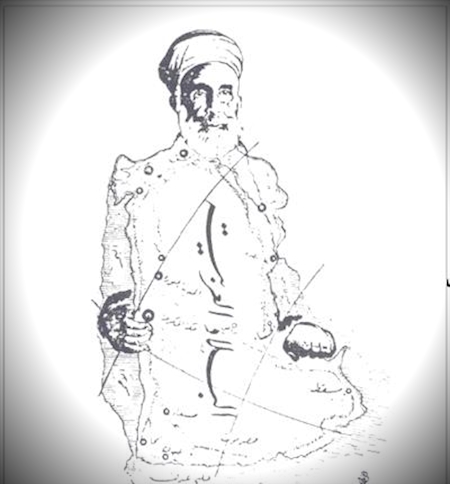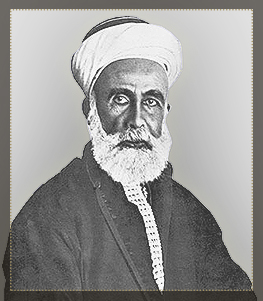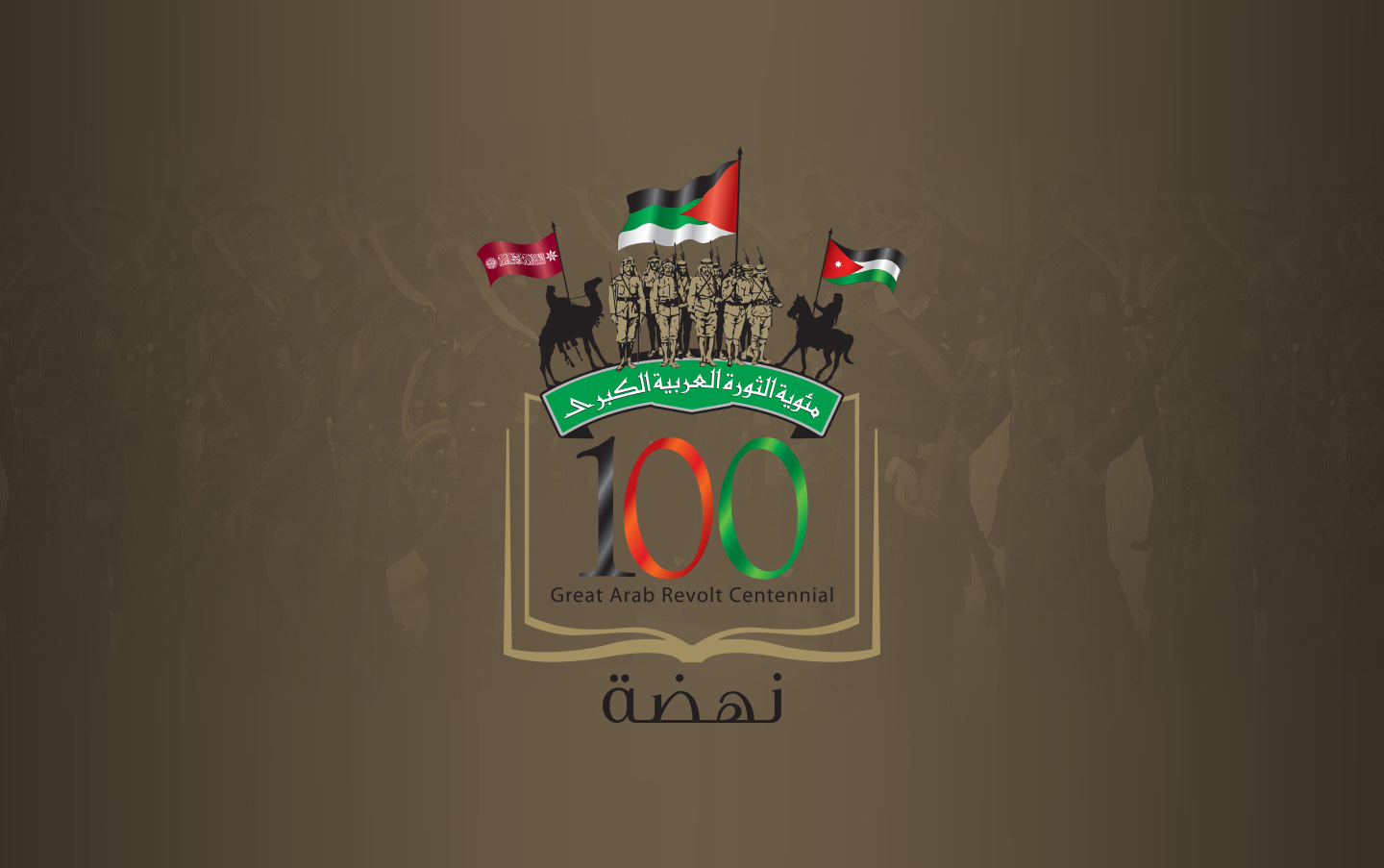
Arab aspirations were met with encouragement and support from Britain, especially after the war started and Turkey sided with Germany, against Sharif Hussein’s advice to Sultan Mehmed V Reshad not to enter the fighting.
This support did not emanate from its belief in the Arabs’ right to independence, freedom and unity. It was out of a desire to defeat Turkey and its ally Germany by nullifying the call for holy war that the Ottoman caliph was expected to announce, at Germany’s behest, in a bid to win over the loyalty of the Muslim subjects of Germany, France and Russia, in India, Africa and Central Asia.
Sharif Hussein bin Ali was the one qualified to annul the call for holy war, from Britain's perspective, out of his religious position as a protector of Mecca and Medina, and his lineage from Prophet Mohammad, peace be upon him. Sharif Hussein exchanged ten letters with McMahon in the period between July 1915 and March 1916.
According to the first letter, dated 14 July 1915, Sharif Hussein attempted to utilise Britain’s need for him and Arabs to obtain recognition of the independence and unity of Arab states in Asia. The letter came in line with the demands of Arab societies in Syria, referred to as the charter or protocol of Damascus 1915.
Sharif Hussein delegated Prince Faisal at the time to head to Istanbul and meet with the grand vizier to inform him of matters of the gravest importance. While he was there, he met with the leaders of the Arab movement and the members of Al Fatat, which he joined, and the Covenant societies, upon their request. They showed him the charter, which detailed Arab terms to enter into an agreement with Britain and fight on its side in the war. They asked him to present the charter to his father to make it the basis for his negotiations with Britain. It called for:
*Britain’s recognition of the independence of Arab states within the following borders:
North: The Adana-Mersin line to the borders of Iran.
East: Along the border of Iran to the Arabian Gulf in the south.
South: The Indian Ocean, except for Aden.
West: Along the Red Sea, then the Mediterranean Sea to Mersin
*Revoking all privileges granted to foreigners under the Capitulations of the Ottoman Empire.
*Forging a defence agreement between Britain and the independent Arab states.
*Favouring Britain over others in economic projects.
In its response to Sharif Hussein’s demands, according to McMahon’s second letter dated 24 October 1915, Britain had some reservations over the Syrian coast, Iraq and the coasts of the Arabian Peninsula. However, Sharif Hussein did not acknowledge these reservations and delayed talks over them until after the war, stressing that he cannot relinquish a single inch for France. He always noted that “there is no difference between a Muslim Arab and a Christian Arab; Arabs are Arab before being Muslim or Christian”.
- All
- Key Heros
- Related Documents

Sharif Hussein bin Ali - King of Arabs
Sharif Hussein bin Ali was born in Istanbul in 1853, where his father and grandfather were staying at the time. His grandfather was then appointed as Emir of Hijaz, so he travelled with him to Mecca to studied. He also gained vast experience in his youth in the affairs of tribes.More...

